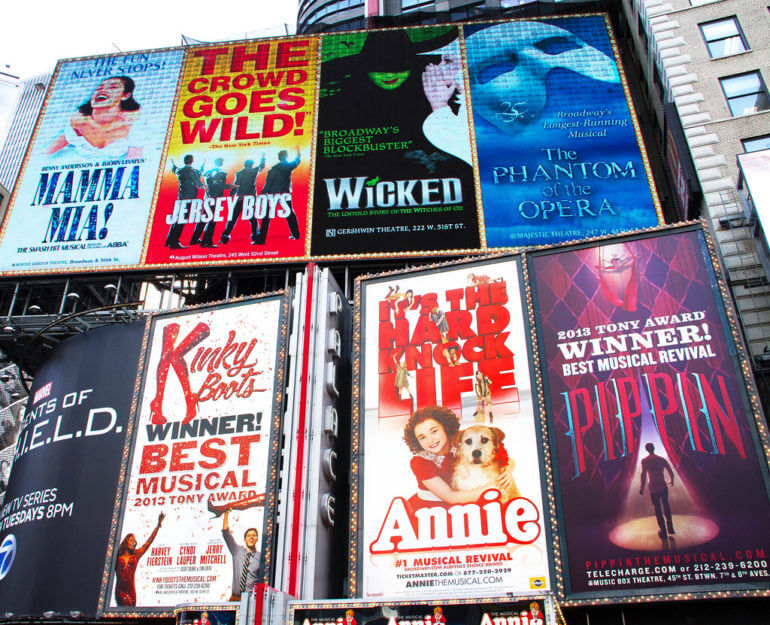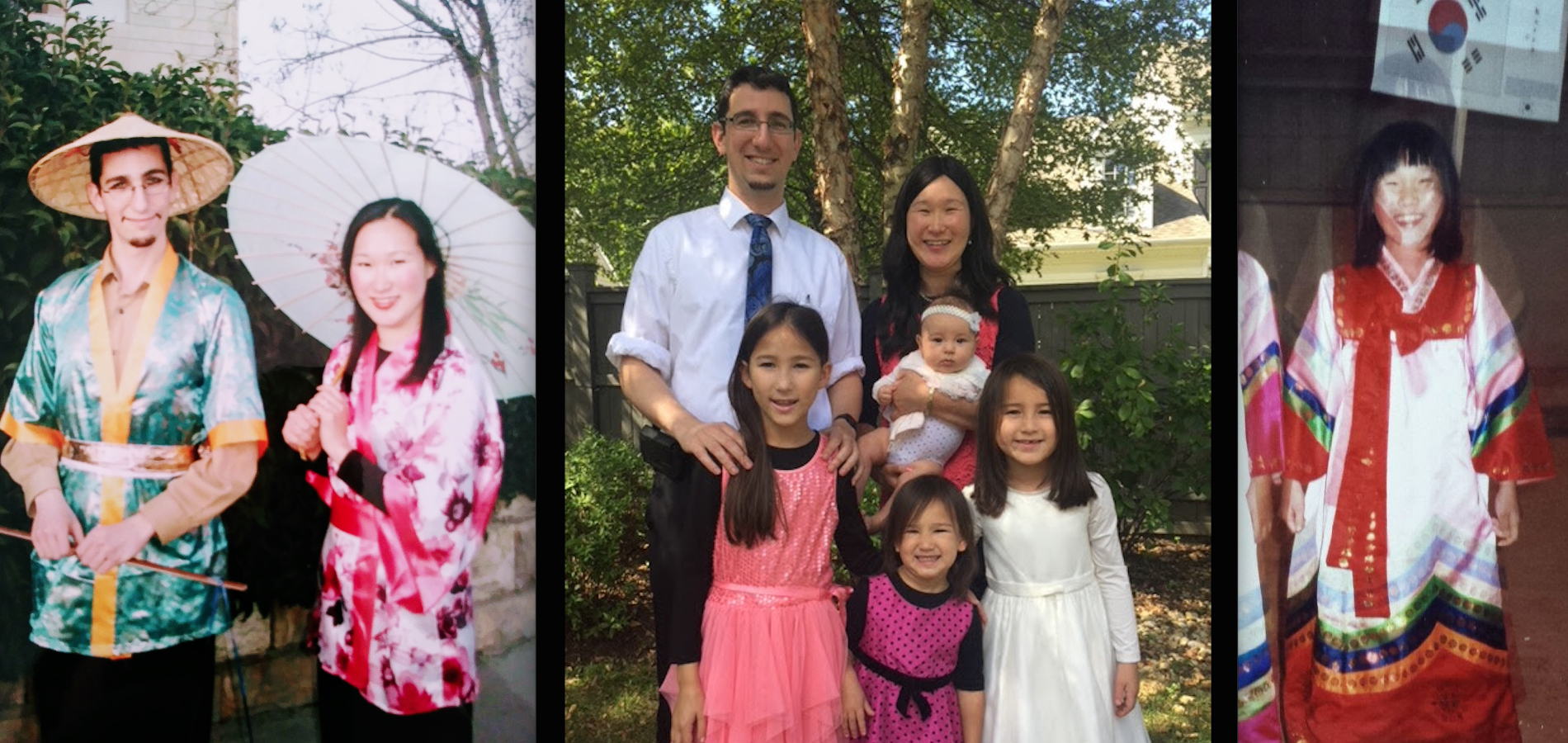
The Making Of “Bring Them Home: A Broadway Prayer”
When Israel was brutally attacked on October 7 in ways most people wouldn’t even be able to imagine, Jews came together. We united in spirit, in prayer and in action — sending money and any resource our Israeli family could need.
Jews were using their own skills and talents to contribute. Dylan Kaplan, a producer on the Broadway show, Sweeney Todd, and Orthodox Jew, wanted to use his credentials in the Broadway space to do something for his people and Homeland.
Initially, he was disheartened when the Broadway league didn’t take a supportive stance for Israel after the attack. “They’ve kind of just kept their mouths shut which to the many Jewish producers and investors in the business was seen as cowardly and a lack of leadership on their end,” Kaplan explains.
In response, he went to work in an attempt to coordinate a “Broadway for Israel” concert as they put together when the war against Ukraine broke out as well. He reached out to other producers to get it going and ended up on a Zoom call with about 25-30 of them. “Everybody was bickering,” he says. “Someone said we shouldn’t even call it Broadway for Israel because it might stir up some trouble.”
Eventually, the one thing everyone could come together on was the hostage situation and the fact that they should be released so they made a music video singing an adaptation “Bring Him Home” from Les Miserables. They changed the words to “Bring Them Home,” in reference to the hundreds of hostages held under horrific conditions in Gaza.
The video is a beautiful medley of many of Broadway’s most powerful voices. Currently, the piece has more than 430,000 views on YouTube. While a success in its own right, it was unfortunate how difficult it was to get there, Kaplan shares. “It took a lot of pulling teeth. They had to really frame it in a way where people felt comfortable doing it. You would think it would be like the Ukraine situation but it just wasn’t.”
One main reason Kaplan points to for this, goes further than just the current conflict we’re witnessing in the Middle East. In Broadway, like Hollywood and other industries, Jews just aren’t considered a minority, they’re not included in anyone’s diversity, as a people that need help, even though Jews are the most attacked group per capita, as per the FBI’s 2022 hate crimes report.
Although Hollywood was created by Jews after they weren’t welcome in any other industry, they’re left out of diversity conversations and often made to look bad in the media (hence, Jew in the City’s recent Hollywood Bureau to combat that).
He says Broadway has a similar history. It was actually created as the Yiddish theater and has a traditionally Jewish background. There’s an entire documentary on PBS about the Jews of Broadway. “You wouldn’t have Broadway without Jews,” Kaplan shares. “That begs the question, why the diversity problem with Jews?”
He goes on to reveal that in the Broadway industry, there’s actually a spreadsheet called “BIPOC creatives,” which highlights actors, production members and more who are BIPOC and has more than 1,000 names on it. The noble goal of course, was to promote diversity on stage. Kaplan asked a friend of his who is Jewish and Hispanic if he should join the list and the friend said he shouldn’t.
“I’m darker skinned,” the friend said. “You don’t look like a person of color, you look Anglo because you’re from Poland. When you talk about diversity, it’s really about your skin tone.” Of course, the notion of being “from Poland” is a canard. Jews are a people who are from the Middle East. While some Jews were exiled to Poland, a whole lot of them ended up in ovens, after facing countless pogroms.
Ironically, Kaplan explains, this same friend also dates back to Eastern Europe but his family escaped during the Holocaust and that’s when and why his roots took a turn. “Is diversity really just a pigment thing?” Kaplan asks. “If that’s true, it sounds like 1960s segregation. I don’t buy that.”
It’s so painful to witness because of how rapid Jewish persecution has been over the years and how much Jews have stood with other minorities against their own persecution. “I almost feel like we’re in a time where there’s a collective unity of everybody who is not Jewish or white just collectively hating Jewish people now,” Kaplan says. “People are saying, ‘We have a common enemy. It’s the Jew.’”
The conversation about diversity in Broadway he says, always goes back to race. In reality, there are so many other groups that could and frankly, should be included in that conversation.
In terms of Jewish content on Broadway, Harmony features musicians growing their career which was then dismantled by the Nazis. A few more are in the works: Prayer for the French Republic and Cabaret. Parade just finished its run on Broadway last year and is now going on a national tour. Kaplan explains while amazing as this is, it’s usually the Jews supporting themselves in a way as Jews are the ones making this type of content.
Kaplan is fearful that the youth of today, rising up and protesting across the country, learning about the war on Tiktok are going to be the future leaders of Broadway, that it will only get more antisemitic.
If the diversity message doesn’t start to include Jews, that could very well happen. “I said to a friend, ‘We’re supporting these other groups but they’re not supporting us,’ and he responded, ‘Well, you’re the white people.’ I thought to myself, ‘Are we the white people?’ My history doesn’t point to someone having privilege.”
When you look back at Jewish history, you see pogroms, Jews being murdered and thrown in ghettos, he explains. “I spent two years in Israel and went all around Europe during that time seeing a very long history of what I would call the Jewish trail of tears,” Kaplan says. “Everywhere I went there were dead Jews, people that had to escape and run away. The history is not about the Jews being on top.”
The future of Broadway is unclear. While Parade did well at the box office, he points out that it was in a pre-Gaza war world. “I think it’s going to be very hard to promote Jewish shows,” he explains. “I think the general image is that people have forgotten Israel went to war because Hamas killed 1,200 people and kidnapped 200 others. People see Israel as an evil place that kills 20,000 people. It’s funky because if you look at 9/11, America was in Afghanistan for 20 years. No one counts how many Muslim people were killed during those years.”
If you found this content meaningful and want to help further our mission through our Keter, Makom, and Tikun branches, please consider becoming a Change Maker today.







